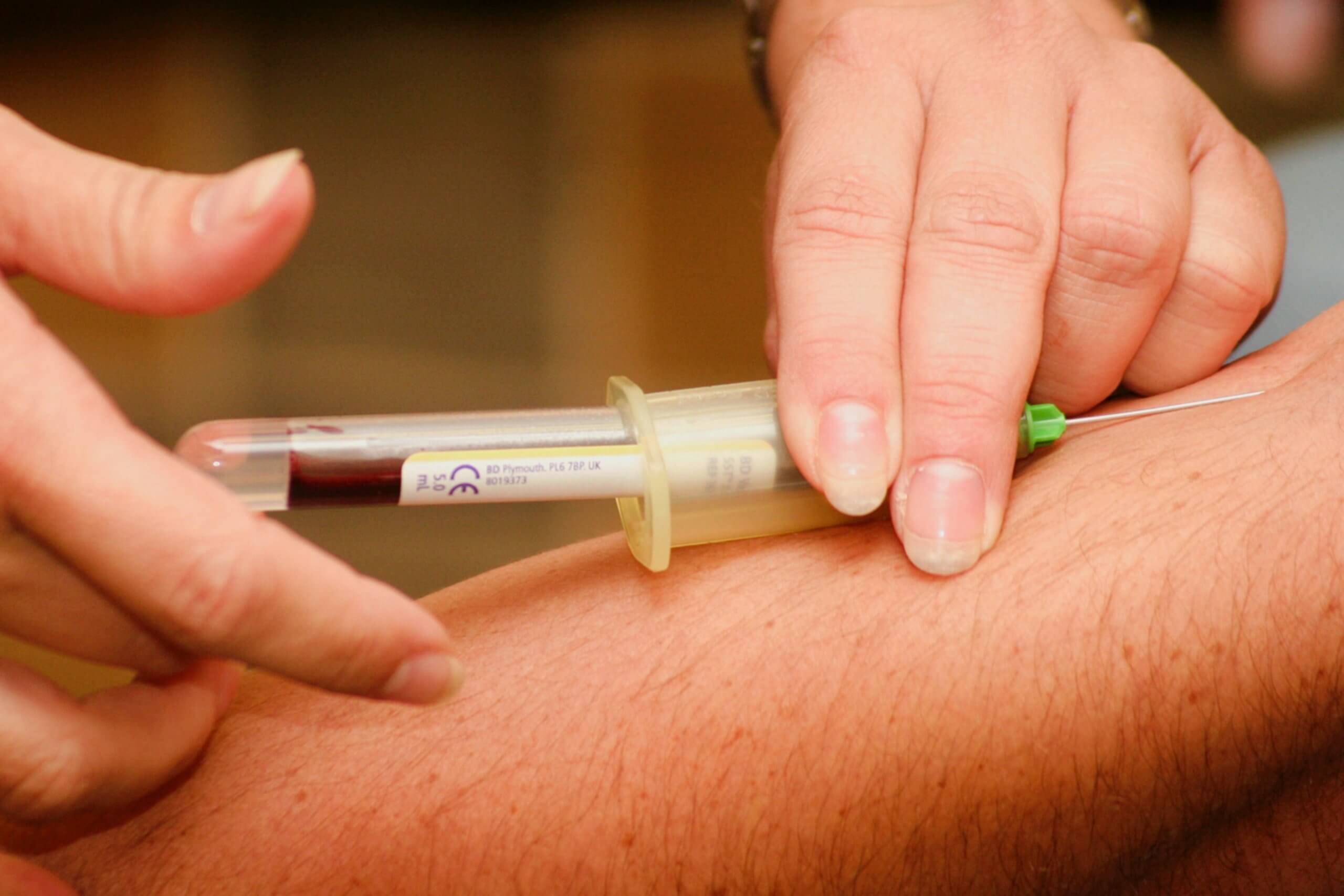A breakthrough blood test has been developed to detect liver cancer risk. Researchers from University of Texas Southwestern developed the test to predict which nonalcoholic fatty liver disease (NAFLD) patients were most likely to develop liver cancer.
People who suffer from NAFLD have up to a seventeen-fold increased risk of liver cancer, as it has become a major cause of chronic liver disease in the United States.
“This test lets us noninvasively identify who should be followed most closely with regular ultrasounds to screen for liver cancer,” says Dr. Yujin Hoshida, study senior author and associate professor of internal medicine in the Division of Digestive and Liver Diseases at UTSW, in a statement.
The research team decided to conduct a study whether blood samples from NAFLD patients could reveal those at highest risk of hepatocellular carcinonoma (HCC), which is the most common form of liver cancer. Samples from 409 NAFLD patients ahttps://gutnews.com/tag/liver a set of 133 genes that had higher or lower levels than average in the livers of patients who developed HCC over a 15-year followup period.
Researchers then placed the patients into high- and low-risk groups. Fifteen years after the samples were taken, 22.7% of patients in the high-risk group were diagnosed with HCC while no patients in the low-risk group were diagnosed.
Scientists also measured blood samples for easier risk assessment after converting the liver gene panel into four proteins. After placing the patients again into high- and low-risk groups, 37.6% of patients in the high-risk group were diagnosed with HCC during the 15-year followup period while no patients in the low-risk group were diagnosed with liver cancer.
“This test was especially good at telling us who was in that low-risk group,” says Dr. Hoshida. “We can much more confidently say now that those patients don’t need to be followed very closely.”
The study was published in Science Translational Medicine.
